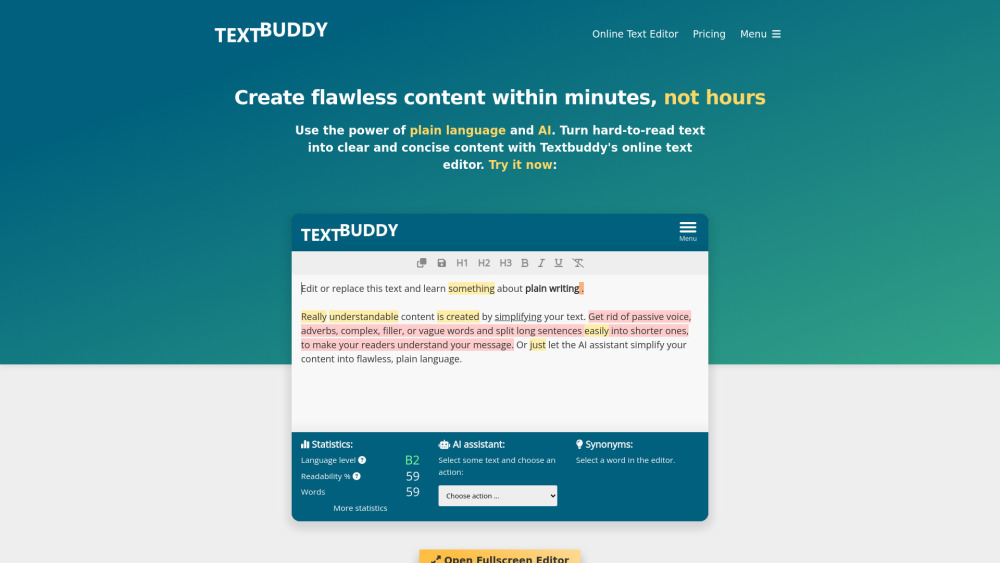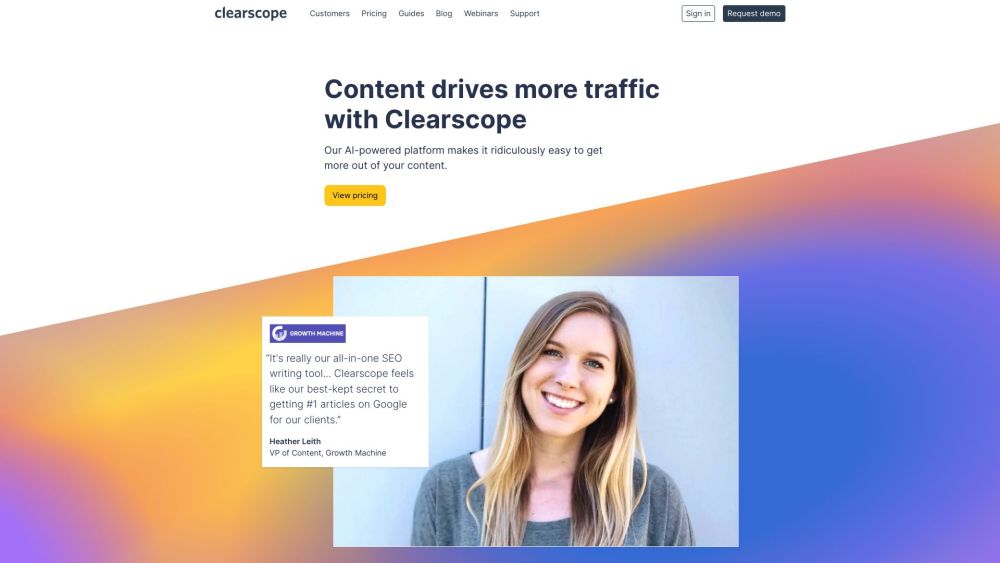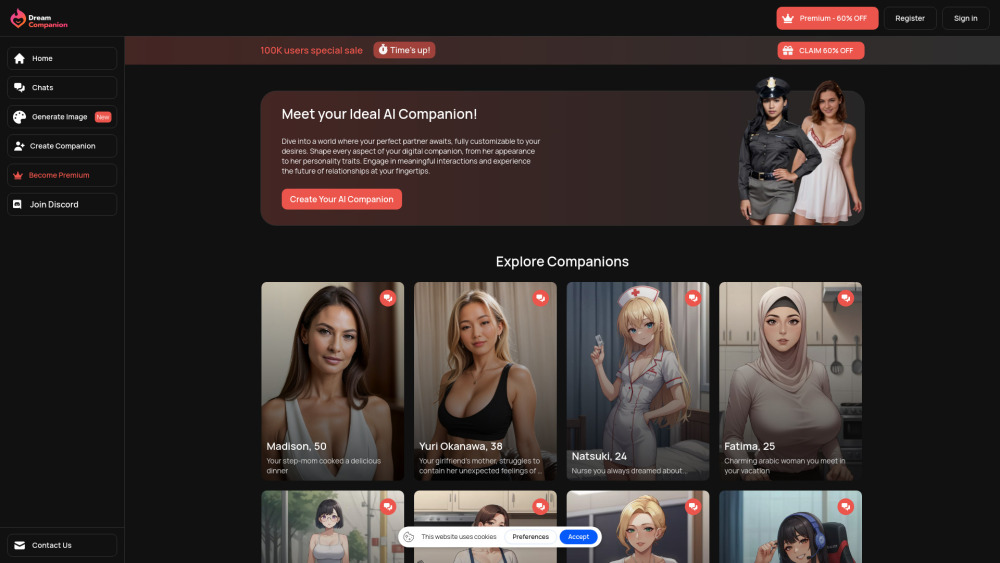Nvidia Faces Copyright Lawsuit for Allegedly Using Books to Train AI Platform
Most people like

In today's fast-paced digital world, clear and concise communication is essential. Our AI text editor empowers you to improve your writing effortlessly, ensuring that your ideas are expressed with clarity and precision. Whether you're crafting an email, a report, or creative content, our advanced AI technology helps you refine your text, making it more engaging and impactful. Discover how our AI text editor can elevate your writing game and captivate your audience.

Enhance your digital presence with our AI-driven SEO content optimization platform, designed to boost your website's visibility and engagement. Maximize your content's potential with intelligent insights and tailored recommendations, ensuring you stay ahead in the competitive online landscape. Leverage cutting-edge technology for effective SEO strategies and watch your traffic soar!

Introducing Dream Companion, the premier AI Girlfriend Chatbot designed for users aged 18 and over. Experience the perfect blend of companionship and technology with our virtual girlfriend platform, providing unmatched engagement and support tailored to your needs. Discover a new realm of interaction today!
Find AI tools in YBX



